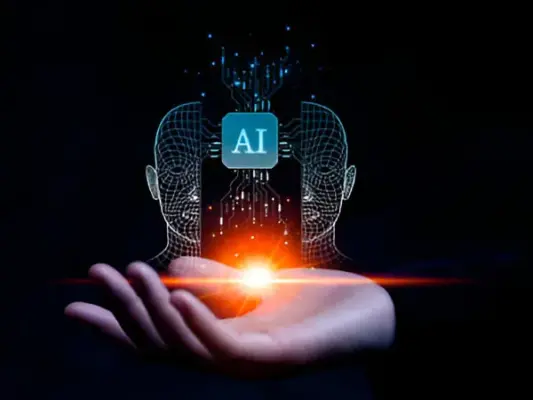
The race to develop advanced artificial intelligence (AI) technologies is intense and competitive, with significant implications for businesses, economies, and societies. However, this rapid progress is not without its limitations and challenges. Understanding these limitations is crucial for navigating the future of AI development responsibly and effectively.
1. Ethical and Social Implications
- Bias and Discrimination: AI systems often inherit biases from the data they are trained on, leading to discriminatory outcomes. This can reinforce existing societal inequalities and cause harm to marginalized groups.
- Privacy Concerns: The collection and use of vast amounts of personal data to train AI systems raise significant privacy issues. Ensuring data protection and user privacy remains a critical challenge.
- Job Displacement: Automation and AI can lead to job displacement, particularly in sectors reliant on routine, manual, or low-skilled labor. This can exacerbate unemployment and economic inequality.
2. Technical Challenges
- Explainability: Many advanced AI systems, especially those based on deep learning, operate as “black boxes” with decision-making processes that are difficult to interpret. This lack of transparency hinders trust and accountability.
- Scalability: Scaling AI systems to work effectively across different environments and applications is challenging. Ensuring consistent performance and reliability remains a significant technical hurdle.
- Data Dependency: AI systems require large amounts of high-quality data for training. Inadequate or biased data can impair the performance and accuracy of AI models.
3. Economic and Competitive Pressures
- Resource Intensiveness: Developing and deploying advanced AI systems is resource-intensive, requiring significant investment in computing power, data storage, and specialized talent. This can create barriers to entry for smaller organizations and exacerbate technological divides.
- Market Monopolies: The AI race is dominated by a few tech giants with vast resources. This concentration of power can stifle competition and innovation, leading to monopolistic practices and reduced consumer choice.
- Short-Term Focus: The intense competition to achieve AI breakthroughs often leads to a short-term focus, prioritizing immediate gains over long-term sustainability and ethical considerations.
4. Legal and Regulatory Challenges
- Regulatory Frameworks: Existing legal frameworks struggle to keep pace with rapid AI advancements. Establishing effective regulations that balance innovation with safety, privacy, and fairness is a complex and ongoing challenge.
- Liability Issues: Determining liability for AI-induced harm or errors is complicated. As AI systems become more autonomous, assigning responsibility for their actions becomes increasingly difficult.
5. Security Risks
- Adversarial Attacks: AI systems are vulnerable to adversarial attacks, where malicious actors manipulate inputs to deceive the system. This poses significant risks, especially in critical applications like security and healthcare.
- Cybersecurity Threats: The integration of AI into various systems increases their complexity and potential vulnerabilities, making them attractive targets for cyberattacks.
Conclusion
The race to AI holds immense potential for innovation and progress, but it also presents significant limitations and challenges that need to be addressed. Ethical considerations, technical hurdles, economic pressures, regulatory issues, and security risks all play a crucial role in shaping the future of AI development. By acknowledging and addressing these limitations, we can strive to develop AI technologies that are not only advanced but also responsible, equitable, and beneficial for society as a whole.